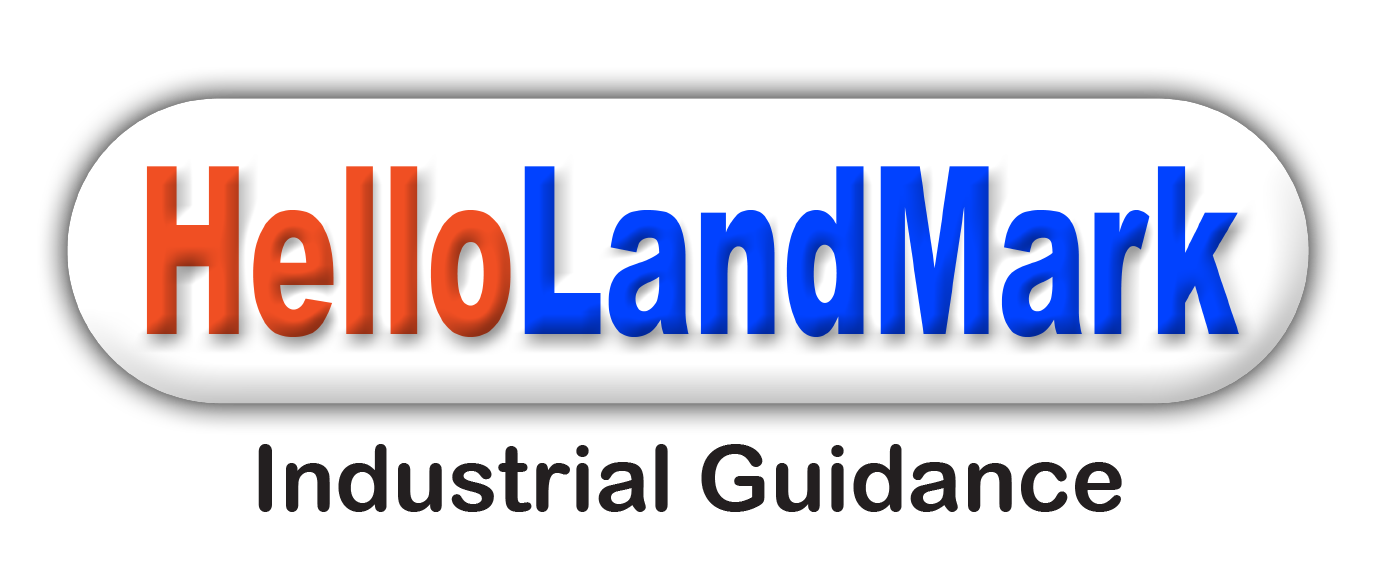Introduction
Customer retention in industrial marketing refers to the strategies and practices used to maintain long-term business relationships with existing clients. In the industrial sector, where sales cycles are long, acquisition costs are high, and customer relationships are often built on technical trust and performance reliability, retaining customers is as critical as acquiring new ones. A strong retention strategy not only stabilizes revenue but also enhances brand loyalty, supports repeat business, and fosters referral-based growth. By focusing on customer retention, industrial marketers can maximize lifetime customer value and build a resilient business foundation.
Understanding the Importance of Retention in Industry
Unlike consumer markets, industrial clients tend to engage in long-term purchasing relationships that involve high-value contracts, ongoing technical support, and mutual strategic alignment. Retaining such clients results in lower marketing costs, consistent cash flow, and better forecasting accuracy.
Additionally, satisfied industrial clients often act as brand advocates, providing referrals, testimonials, and case studies that enhance market reputation. In highly competitive sectors, strong customer retention can serve as a key differentiator.
Delivering Consistent Product and Service Quality
Quality assurance is central to customer retention in the industrial domain. Clients expect industrial products and services to meet strict performance, safety, and compliance standards. Ensuring consistency in product quality, technical precision, and service delivery builds reliability over time.
Proactively addressing quality issues, implementing regular audits, and providing training for customer teams help reinforce trust and reduce dissatisfaction, thereby supporting retention.
Building Strong Post-Sale Relationships
Customer relationships do not end at the point of sale. Effective retention strategies require continuous engagement through after-sales support, technical assistance, and regular communication. Scheduled follow-ups, performance reviews, and satisfaction surveys allow businesses to demonstrate commitment to customer success.
Establishing dedicated account managers or service teams ensures clients have a single point of contact who understands their specific needs and operational environments, making them more likely to remain loyal.
Offering Customization and Flexibility
Industrial buyers value solutions that are tailored to their specific requirements. Providing customized products, flexible service agreements, and adaptable delivery schedules makes it easier for clients to integrate offerings into their operations.
Flexibility in contracts, volume discounts, or modular product upgrades not only enhance customer experience but also reduce the appeal of competitor offerings. This strategic adaptability strengthens long-term business relationships.
Implementing Customer Feedback Loops
Actively seeking and acting on customer feedback is essential for retention. Feedback mechanisms such as surveys, review meetings, or direct interviews help identify concerns, expectations, and opportunities for improvement.
Responding promptly to feedback and making visible changes based on client input show that the company values the relationship, which increases client satisfaction and retention potential.
Loyalty Programs and Value-Added Services
Though less common in traditional industrial marketing, loyalty programs can be effectively adapted. These may include volume-based rewards, exclusive access to product previews, training programs, or extended service packages.
Offering value-added services such as diagnostics, on-site inspections, or process improvement consultations further deepens engagement and positions the business as a strategic partner rather than a transactional vendor.
Using Data to Personalize Engagement
Modern CRM systems and data analytics allow businesses to track customer behavior, purchase history, and service patterns. These insights can be used to personalize communications, anticipate needs, and proactively offer solutions.
Personalized engagement increases relevance, improves responsiveness, and builds a sense of familiarity and trust—key elements in maintaining long-term client relationships.
Measuring Retention Performance
To assess the effectiveness of retention strategies, businesses should track metrics such as customer retention rate, repeat purchase rate, customer lifetime value (CLV), and net promoter score (NPS).
Regular analysis of these indicators helps identify trends, assess customer satisfaction, and fine-tune marketing and service strategies for improved results.
Conclusion
Customer retention in industrial marketing is a strategic priority that contributes directly to profitability, stability, and long-term competitiveness. By focusing on consistent quality, post-sale engagement, customization, feedback integration, and personalized service, industrial businesses can build enduring relationships with their clients. In a market driven by trust, performance, and long-term value, retaining customers is not just an operational goal—it is a cornerstone of sustained industrial success.
Hashtags#CustomerRetention #IndustrialMarketing #B2BMarketing #CustomerLoyalty #ClientEngagement #RetentionStrategies #CustomerExperience #BusinessGrowth #IndustrialSales #CustomerSatisfaction #MarketingStrategy #LongTermRelationships #CustomerSuccess #ValueProposition #RepeatBusiness #CustomerFeedback #BrandLoyalty #SalesStrategy #CustomerJourney #IndustryInsights

